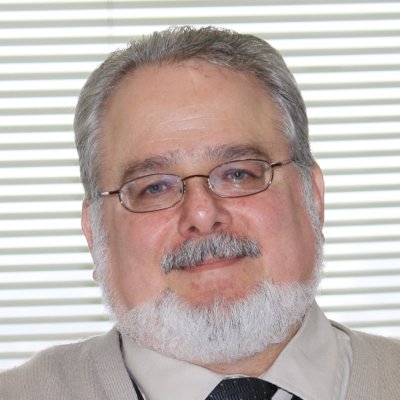David M. Dziewulski
Contact
Post-Doctoral Studies - Rensselaer Polytechnic Institute, Dept. of Chemical & Environmental Engineering 1980-1982
PhD - Microbiology, University of New Hampshire
BS - Biology, Fairfield University

Dr. Dziewulski currently is a Principal at Gordon & Rosenblatt LLC in New York City. Our work focuses on matters involving water quality, with emphasis on prevention disease and infections by waterborne pathogens associated with building water systems, such as Pseudomonas, Legionella and Non-Tuberculous Mycobacteria (NTM).
While at the New York State Department of Health (NYSDOH), Dr. Dziewulski was involved in drinking water regulations and most aspects of the New York City watershed and drinking water. He participated in the development of the Catskill-Delaware UV disinfection facility from its planning phases to its commissioning in 2013. As part of his health department work he helped develop Part 4, Protection Against Legionella, guidance documents, protocols for legionellosis investigation responses and the documents needed for compliance to Part 4. Cooperative agreements with CDC involved investigating new methods for disease surveillance related to water-related infrastructure and quality problems, methods for assessing the vulnerability of small groundwater systems and improved legionellosis responses. He completed his career at NYSDOH as Section Chief, Water Systems Control & Analysis, Bureau of Water Supply Protection of NYSDOH.
Dr. Dziewulski has also served on the committee for ASHRAE standard 514 (Risk Management for Building Water Systems), ASHRAE Guideline 12-2020 (Managing the Risk of Legionellosis Associated with Building Water Systems) and the ASTM working group for point of use filters (F838) and the related ASTM standard D8422-21, Pre-Stressing Terminal Point-of-Use Water Filters before Testing by Test Method F838.
Research Interests
Environmental microbiology including microbiologically influenced corrosion and the interactions of microbial communities. Current work also involves recognizing and controlling the environmental antecedents, including microbiological components, to waterborne disease incidents and outbreaks.


